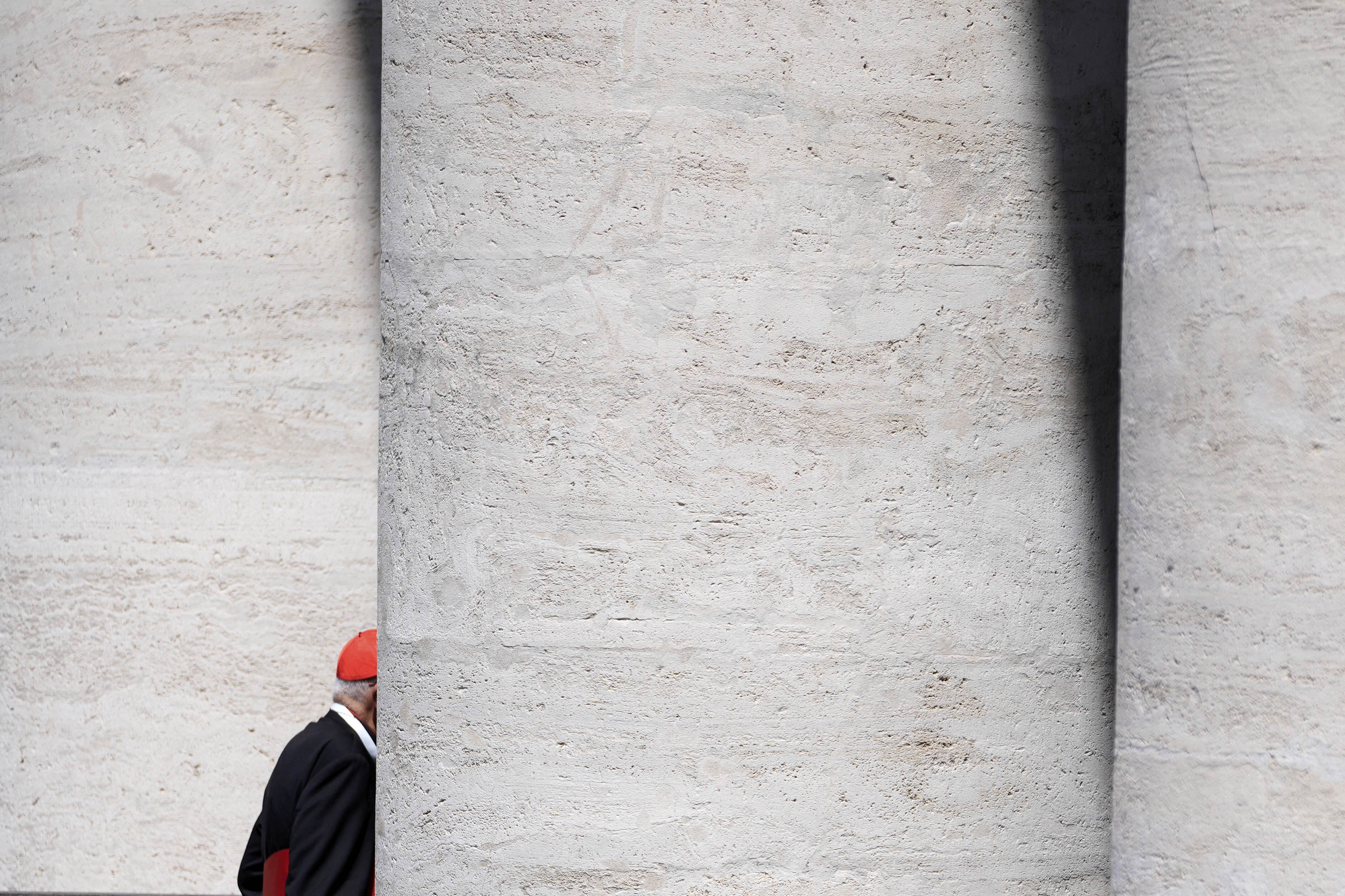From Almeria to Marseille, passing through Oran. The story of Cardinal Jean-Marc Aveline, born in Algeria 66 years ago, has been marked by immigration and the Mediterranean. Francis bonded with him when they met in Morocco in 2019, and eventually put him in charge of the Pontifical Council for Interreligious Dialogue. The Pope appropriated a joke circulating among French cardinals and even told him that if he ever became his successor, he could be called John XXIV (due to his physical resemblance to John XXIII).
Cardinal Aveline is currently celebrated as the "rising star of post-Alpine Catholicism", with good chances of becoming the first French pontiff since Gregory XI during the Avignon Papacy in the 14th century. The "Zidane" of the conclave, recently acclaimed as President of the French Episcopal Conference, nevertheless has a significant Achilles' heel in Rome: non parla italiano (although he speaks Arabic).
Since his arrival for the Pope's funeral, Aveline has been one of the most visible cardinals beyond the walls of the Vatican. In the church of San Luigi, near Piazza Navona, he delivered a homily celebrating "the immense papacy of Francis" and recalling how he was able to give his last blessing urbi et orbi "with a sick body but with all his soul".
"As Francis used to say, the shepherd must be in the middle of the flock, in front of the flock, and behind the flock," recalled the Algerian-born cardinal and promoter of dialogue with Islam, who invoked the spirit of the Second Vatican Council and asked the faithful to pray so that the Conclave can embrace the "inheritance" of the deceased pontiff.
Alongside Francis himself, just two years ago, Jean-Marc Aveline hosted the Mediterranean Encounters. As La Voz de Almería recalls, the cardinal took the opportunity to emphasize his peasant and Andalusian roots: "My grandmother was also an immigrant. My family moved from Almeria to Marseille to find a better future."
Aveline was born in Sidi Bel Abbes in 1958, four years before Algeria's independence. Like many other "pieds noirs," his family moved to France in 1966 and settled in the Saint-Barhélemy neighborhood in Marseille, where his father worked as a railway worker. His destiny has been linked to the second French city since then, except for his time at the seminary in Avignon and at the Catholic University of Paris, where he studied Theology and Philosophy.
However, his true doctorate has been on the tough streets of his adoptive city, where he has carried out his particular apostolate in total harmony with Francis' progressive line: "Efforts to approach our neighbor not only serve to ward off the dangers of poverty but also of populism, which feeds on poverty."
With his focus on the Mare Nostrum, as the former director of the Catholic Institute of the Mediterranean, his participation in the immigration debate has frequently made headlines in France: "We must avoid naive speeches about unlimited welcome. But we must also avoid criminalizing immigrants as the cause of all evils, which is often used for electoral purposes. The Christian path is the third way, the prophetic line of proximity: identifying the common good, seeking harmony with all."
Known for his accessibility and affable character, Cardinal Aveline has not hesitated to take a firm stance on another issue plaguing southern France: "Drug trafficking networks have acquired a power that surpasses that of the Republic." His unequivocal pleas against the scourge of sexual scandals within the Church have also garnered significant headlines.
However, if anything has defined his career, it has been his outreach to other religions, from his doctoral thesis ("Towards a Christological Theology of Religions") to the open dialogue with Judaism and Islam in the melting pot of creeds and cultures in Marseille. In his diocese, he promoted "a model of fraternity in action," focused on the Muslim neighborhoods where North African "undocumented migrants" arrive.
On April 2, Jean-Marc Aveline confirmed his irresistible rise within the curia by being appointed President of the French Episcopal Conference. "Do not be afraid!" he proclaimed in his first greeting to the parishioners. "When the Lord is in the boat, there is often a storm. But neither the foam of the days nor the anguish of the times, which we will always have to face with courage, can prevail over the divine sweetness of the resurrected Christ."
